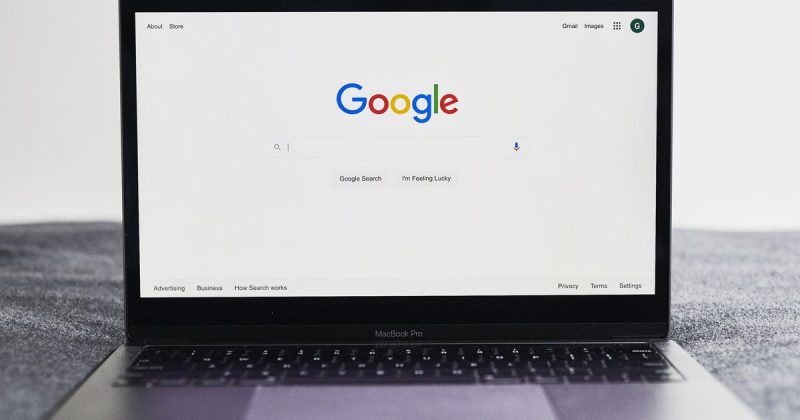
The US Department of Justice’s antitrust case against Google is making headlines, but a quieter, more significant threat is brewing. The rise of AI-powered chatbots like ChatGPT is fundamentally changing how people search for information, potentially eclipsing Google’s decades-long dominance.
Vineet Jain, CEO of Egnyte, recently conducted a personal experiment: four days without Google Search. He was struck by the clean, uncluttered interfaces of AI search tools, offering direct answers without the usual ads and top-of-screen clutter. His 15-year-old son’s observation – ‘We don’t use Google anymore. We do everything with ChatGPT’ – underscores a generational shift in user behavior.
This shift arrives as the DOJ prepares its antitrust ruling on Google, expected by August. Judge Amit Mehta will decide whether Google needs to dismantle its lucrative default-search agreements and potentially spin off Chrome. However, even a victory for Google in court might not save it from the AI revolution.
Google’s advertising revenue, a staggering $66.9 billion in Q1 2025, heavily relies on its search engine’s dominance. The company paid Apple over $20 billion in 2022 to remain the default search engine on Safari, highlighting its commitment to maintaining its market position. Chrome’s default status further solidifies this dominance.
But the arrival of ChatGPT and similar tools challenges this model. These AI-powered search alternatives provide direct answers, bypassing the traditional blue links and ads that fuel Google’s revenue. Reports suggest ChatGPT reached a billion daily searches in under two years, a feat that took Google eleven years to accomplish.
While Google is integrating AI into its products, it’s navigating a delicate balance: providing direct answers while preserving the ad-driven revenue stream that underpins its empire. This dual approach could prove difficult as users increasingly expect the streamlined, ad-free experience offered by alternatives like ChatGPT and Perplexity.
The scale of Google’s operation makes any significant change akin to turning a massive ocean liner. Jain points out that Google Search’s contribution to the company’s overall revenue is disproportionately large, making any adjustments a slow and complex process. The question of how Google will adapt to the changing market is a multi-billion dollar one.
Google’s dominance wasn’t just about the best search engine; it was about strategic placement and payments. The DOJ’s case focuses on whether these default arrangements violate antitrust laws. A ruling forcing Google to relinquish its default status could significantly alter user search habits and empower competitors.
Regardless of the court’s decision, some regulatory action is anticipated. Jain predicts a gradual decline in search traffic for Google, even if it wins the antitrust case. He cautions against the potential for Google to repeat Microsoft’s mistake of missing the mobile revolution while defending its Windows monopoly.
Generative AI is a unique threat; it doesn’t simply offer an alternative to search; it threatens the very concept of search as we know it. Google has long been aware of this potential shift, but its current business model creates a powerful incentive to maintain the status quo. Changing course to a pure-answer engine would directly impact its advertising revenue. This tension will only intensify as AI-native tools advance.
While Jain predicts Google Search will remain a top revenue generator for several years, he acknowledges the underlying fundamentals are shifting. He ultimately expresses confidence in Google’s ability to adapt, but warns that clinging too tightly to the past could be a costly mistake. While Google itself isn’t going anywhere, the future of traditional search may be a different story.










